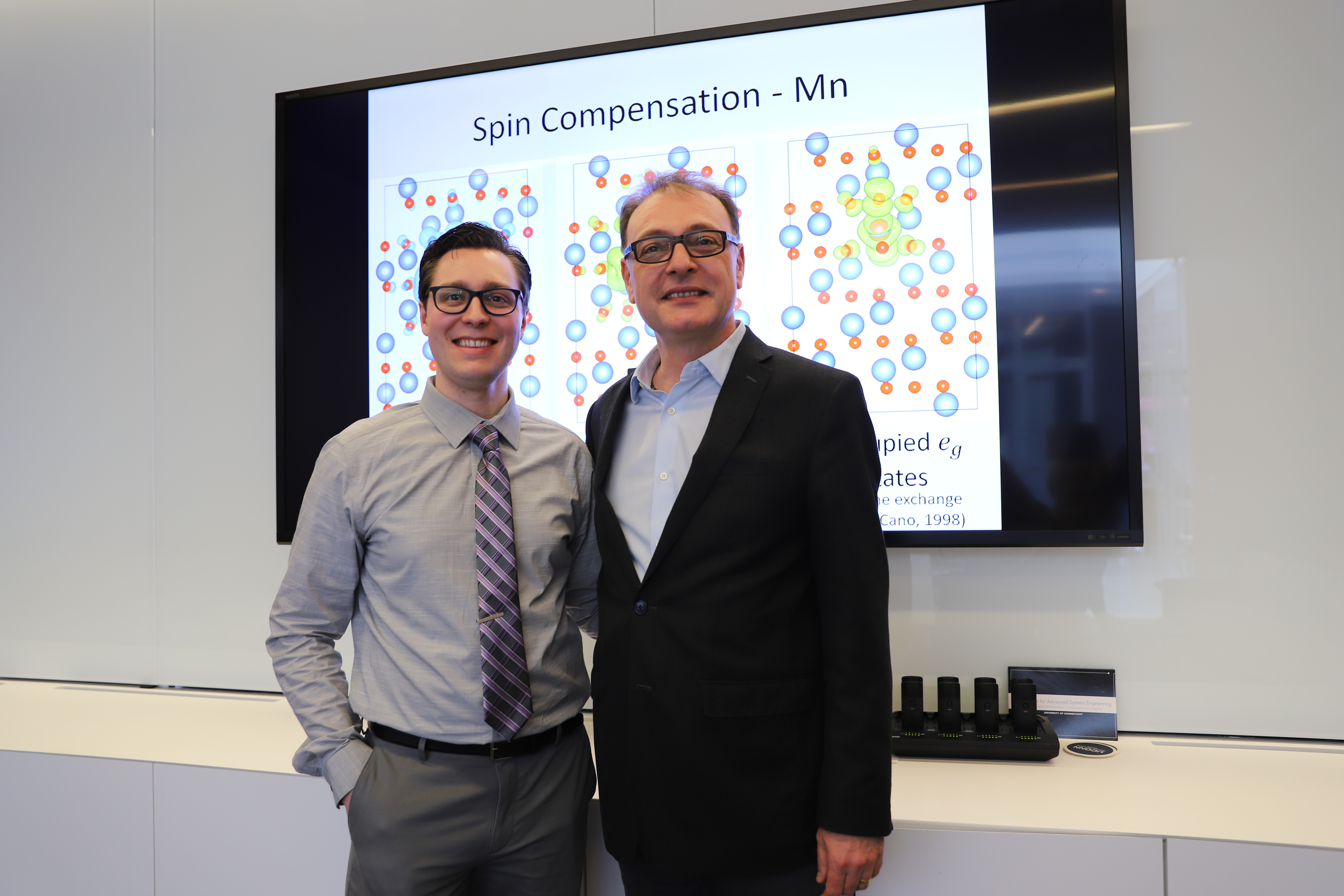Abstract: Ceramics are very diverse class of materials and their properties can vary greatly from material to material. It is this diversity that make ceramics so useful in advanced technology. The relatively open crystal structure of ceramics makes it possible to impart functionalities via judicious doping. This work focuses on developing a generalized method for introducing magnetism into normally non-magnetic (diamagnetic) ceramics, using the example case of alumina (\ce{Al2O3}).
The results show that adding small concentrations of transition metals to alumina may increase magnetic activity by generating unpaired electrons whose net magnetic moments may couple with external magnetic fields. The dopant species and dopant coordination environment are the most important factors in determining the spin density distribution (localized or delocalized from the dopant atom) and net magnetic moment, which strongly direct the ability of the doped alumina to couple with an external field.
Our findings show conclusively that significant spin delocalization can only occur in \alpha-alumina when there are unpaired electrons in the transition metal \ce{e_{g}} states. Similar coordination environments in different phases produce similar spin densities and magnetic moments, indicating that the results presented in this work may be generalizable to the other five or more metastable phases of alumina not studied here.
The results of our slab studies indicate that if originally introduced into the bulk all of the dopant except for Fe and Co will remain there, or diffuse further into the bulk. This work serves as a template for determining promising dopants that may induce magnetism in other diamagnetic ceramics. Such doping may aid in the creation of an advanced, high strength, chemically resistant, dilute magnetic semiconductor oxides for use in advanced systems for spintronics or magnetic qubit systems, and decrease the difficulty of magnetoforming the gain structure of such diamagnetic ceramics.

